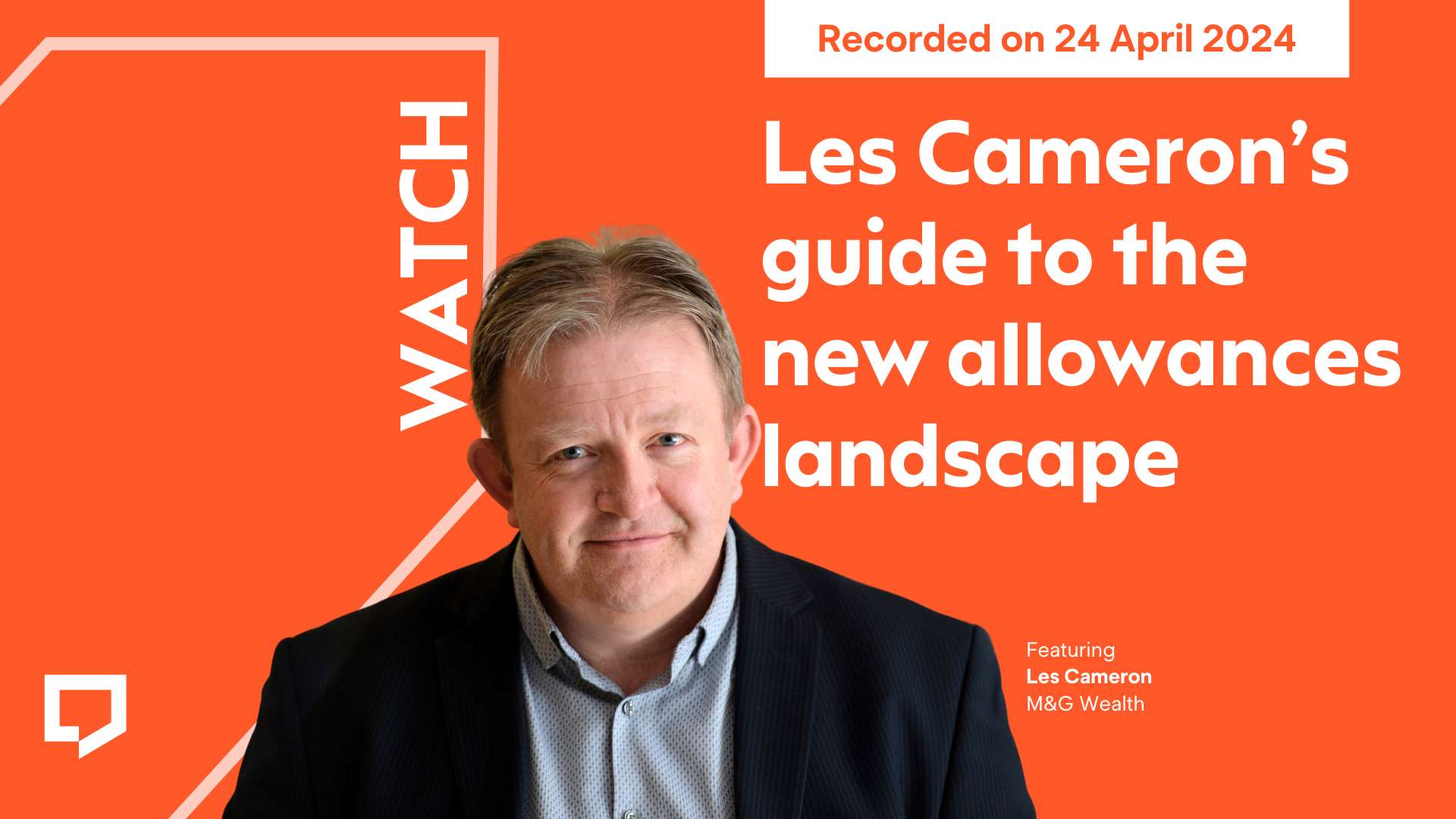
In a world where even HMRC doesn’t seem too sure what the score is, how can paraplanners get to grips with the new allowances landscape so clients know what they need to know right now?
Well you could tune into this recording of our Assembly with Les Cameron on 24 April 2024 for starters.
Because M&G Wealth’s head of technical took us on a guided tour of the new allowances regime following the abolition of the lifetime allowance (LTA).
What you’ll gain from this Assembly
During this lunch-hour event, hosted by Richard Allum of The Paraplanners, Les explored what has changed, what matters, and what it all means for you and your clients.
In a session that was jam-packed with examples, case studies and practical tips, Les covered all the essentials including
- individual starting allowances
- allowance excesses
- transitional allowances – including transitional tax free amount certificates (TTFACs)
- ongoing allowance availability and use
- death benefits and beneficiaries drawdown
- the importance of the order of benefits
Among the nuggets that Les shared were his analysis of the winners and losers under the new regime, nine things you need to know about TTFACs, and planning opportunities for clients as a result of the changes.
What’s more, he recapped the legislative position as well as shared some good-to-know quirks that the changes are throwing up.
With the post-LTA world still in an apparent state of flux, this is a timely chance to take stock in the company of one of the Assembly’s most popular experts. Want to join in? Then save your spot now.
AI, eh? (That’s artificial intelligence, obvs.) It seems to be everywhere these days doesn’t it?
From virtual assistants on our smartphones to advanced algorithms in the workplace, AI is becoming increasingly prevalent.
But what does this mean for you as a paraplanner? How will AI impact your day-to-day work and the financial advice world as a whole?
Whether you’re an in-house paraplanner grappling with the implementation of AI within your firm or an outsourced paraplanner navigating various AI tools across multiple clients, the rapid evolution of AI can be both exciting and daunting.
That’s why we designed this online event – to provide a space for you to explore the realities of AI in paraplanning, learn from real-life experiences, and discover how to adapt and thrive in this new landscape.
Joining us online on 10 April 2024 for an insightful and practical discussion were two special guests:
- Jonny Stubbs, director of risk at LIFT Financial (and former host of THREE Big Days Out), will share real-life examples of how AI is being used and how paraplanners are adapting.
- Benjamin Fabi, director of outsourced paraplanning practice, Principled Paraplanning, and Big Tent regular, who will share his insights on how individual paraplanners can leverage AI technology to their advantage.
As a paraplanner, staying informed about AI is crucial for your professional development. We encourage you to set aside an hour or two each week to familiarize yourself with AI – and this event is the perfect starting point.
To begin with, tune into this collaborative exploration of AI in paraplanning.
Save your spot now – we can’t wait to see you there!
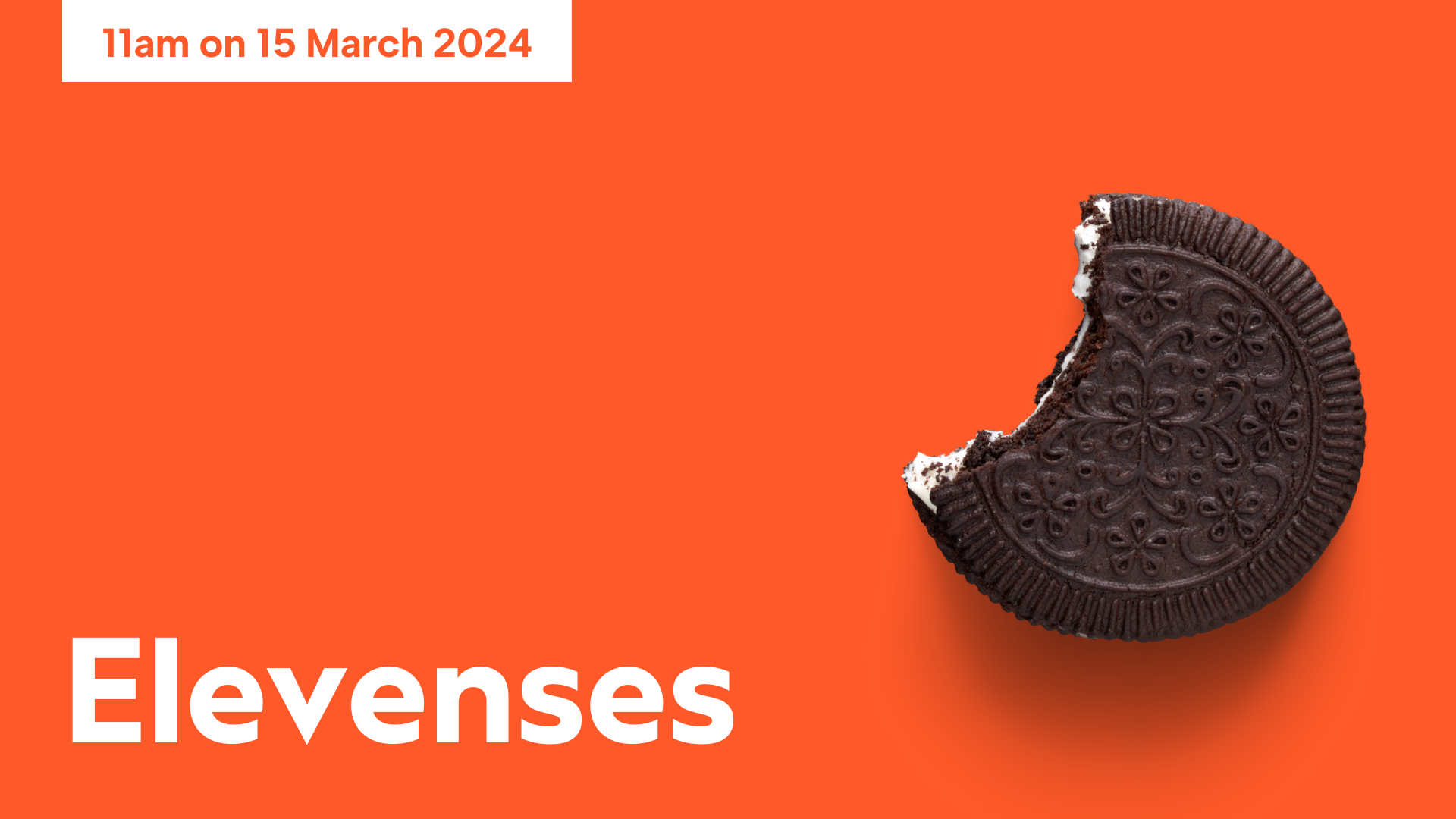
Back in the days of pandemic restrictions, we would throw open the doors of a Zoom room for an hour on a Friday morning so – whether in-house or outsourced – any paraplanner who was working from home and fancied a natter could drop in (we called them Coffee Mornings).
Despite the return to a more traditional office hours for part of the week, the world of hybrid working and WFH continues to leave loads of us craving a bit of watercooler-style conversation once in a while – if only to stay sane.
Which is why we’re reviving our informal one-hour drop-ins once again.
Pop the kettle on, it’s Elevenses
We’re calling them Elevenses and we’ll be opening the Zoom room for the next one at 11am on Friday 15 March 2024.
To join in, just click the ‘Book event’ button, fill out your details and you’ll receive a calendar invitation with the Zoom link in your inbox (so you don’t forget).
What to expect
There’s nothing to prepare or anything – although a frequent topic of conversation is ‘What’s for tea?’ so be ready for that – so just pour yourself a cuppa, grab a biscuit or two or three or four…and click the link.
Expect to be greeted by a friendly-faced paraplanner or two (Caroline Stuart will definitely be one of the hosts for this gathering).
There might only be two or three of us. And then there might be 20.
You can stay for the whole hour. Or just five minutes. It’s entirely up to you.
See you there?

If you’re a paraplanner who lives or works in Dorset, Hampshire and the New Forest, and south Wiltshire, then our New Forest Assembly at 10am on Thursday 25 April 2024 is just the thing for you.
Organised by Evelyn Partners’ Jackie Manning and Sarah Lees from Mazars, the Assembly, which is being hosted at Greyfriars Community Centre in Ringwood, Hampshire, is your chance to catch up with paraplanners from your neck of the woods. (Why a community centre? Take a look at our recent blog post.)
When you book your spot, you’ll be invited to shape the agenda by suggesting topics that you’d like the Assembly cover during the get-together.
But to give you an idea of what to expect, at last October’s gathering of paraplanners at the equivalent event in London (The Other London Assembly), we exchanged ideas and perspectives on:
- the role of AI in paraplanning
- how The Consumer Duty was going in each others’ firms
- Recruitment
- Qualifications
- how to help new paraplanners joining your firm get on board and still be able to do your day job; and
- practical ideas about how to progress in your career when exams and you just don’t get on.
The New Forest Assembly is the ideal chance to learn what’s going on in each other’s worlds, share ideas, and discover practical tips and illuminating insights – and tackle any other paraplanning topics that are on your mind when we gather.
See you on 25 April 2024? Then save your spot now.
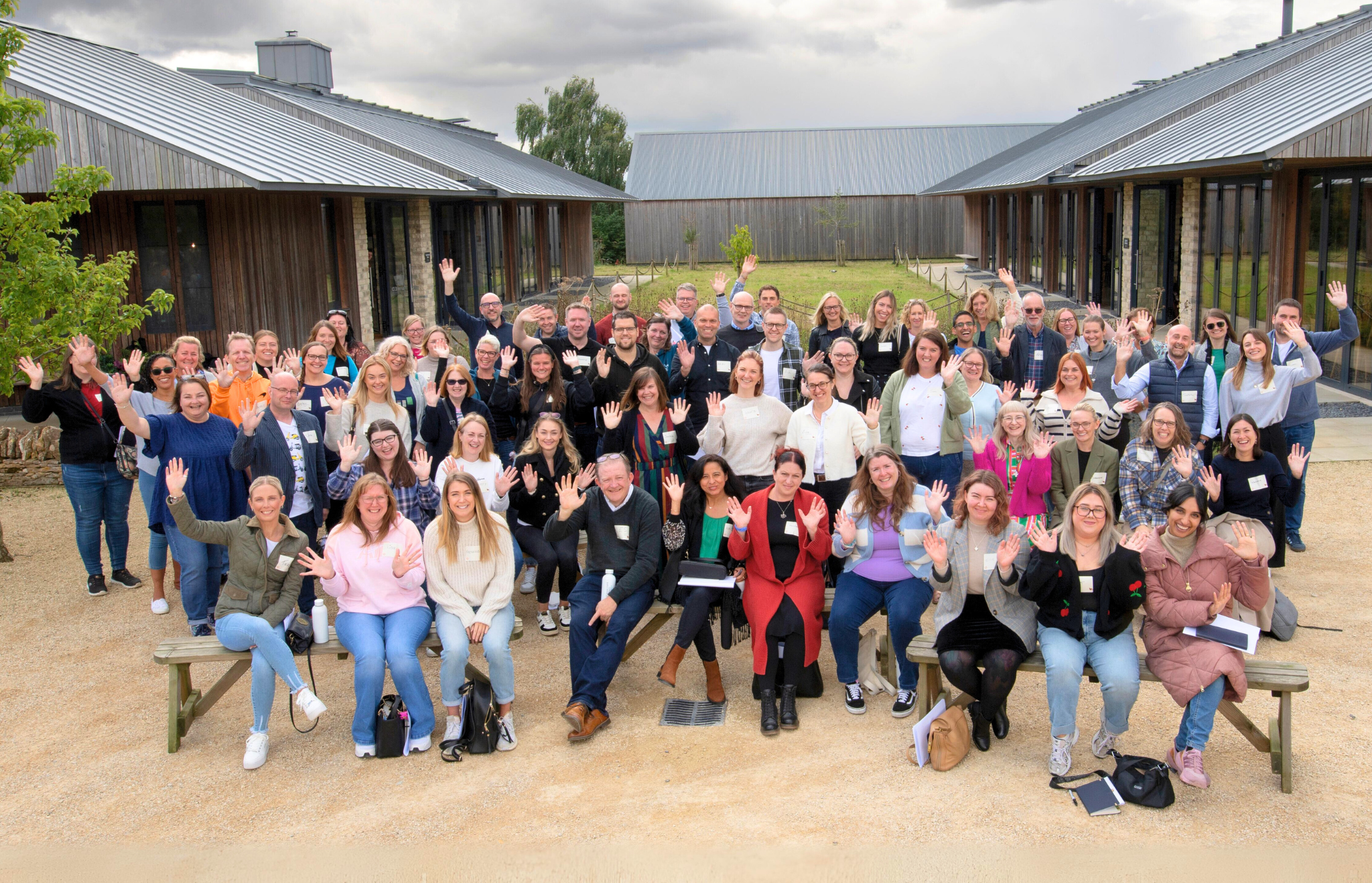
Paraplanners from all over the country gathered for the Paraplanners’ Assembly’s Big Day Out 2024 on 12 September 2024.
From its first meeting in 2013, the Paraplanners’ Assembly’s annual gathering has created space for sparking collaboration and conversation among paraplanners that is unlike any other event in the world of wealth management.
Why?
The Big Day Out is an informal gathering that offers six hours’ worth of CPD thanks to its combination of tailor-made interactive sessions led by hand-picked experts (and designed especially for the event), and group discussions facilitated by paraplanner hosts.
It makes for a supportive and encouraging space in which you can listen and learn, and share ideas, knowledge and insights. And it’s a unique environment in which you can really focus and flourish – both professionally and personally.
You’ll feel you belong at The Big Day Out because The Big Day Out belongs to you. Here’s what happened at The Big Day Out 2024.
Welcome!
Assembled paraplanners joined us in the conference barn for a welcome from Big Day Out hosts, Sam Tonks and Chris Wormwell.
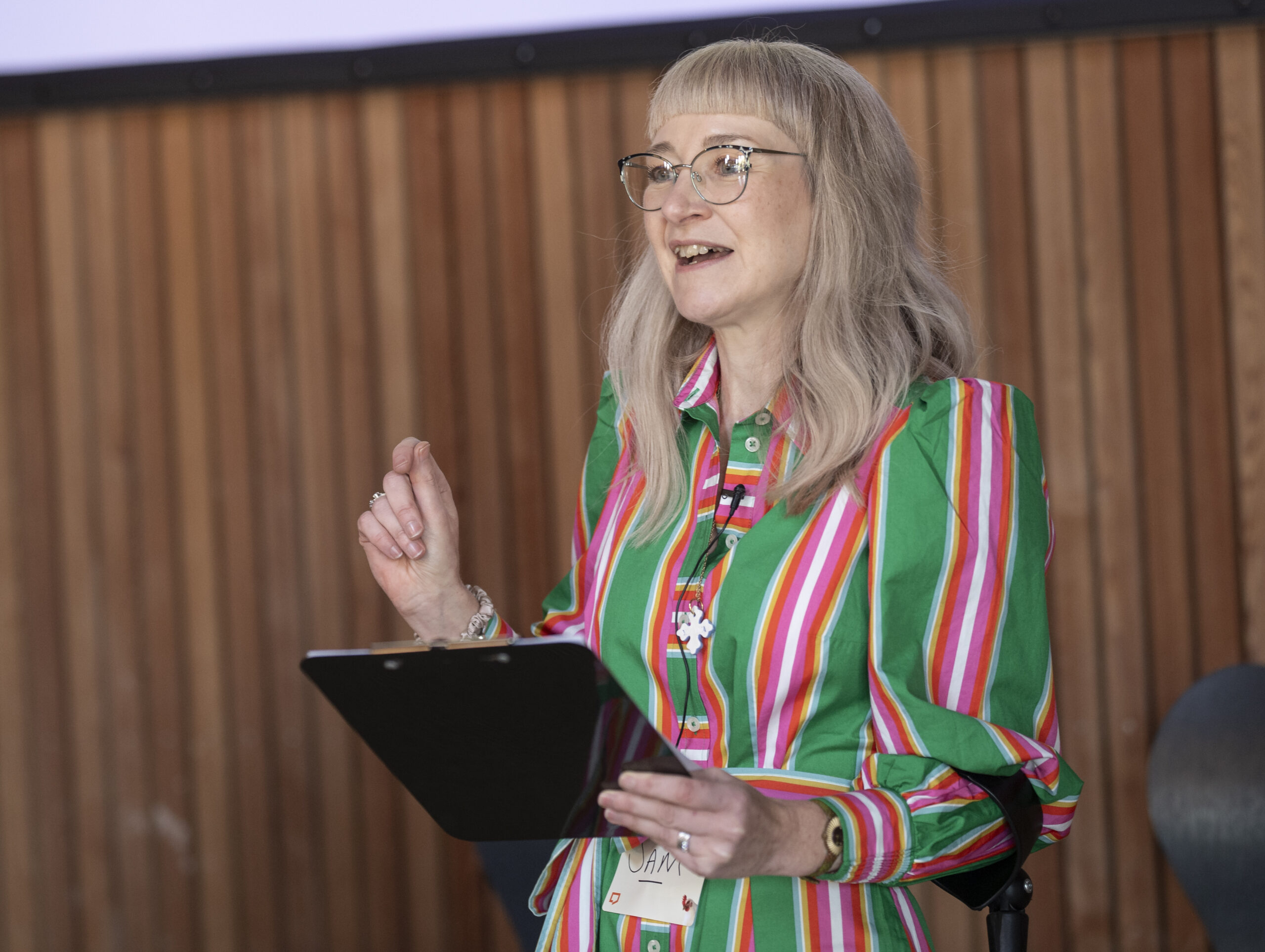

Then we got straight into…
Hone it. Own it: One hour to perfect your development plan
New for this year, and designed especially for the Paraplanners’ Assembly, we open and closed the day with two really interactive sessions led by Arch Inspire’s Rachael Hurdman.
What were they all about? How to create an actionable and practical plan to achieve your personal and professional development goals.
But this wasn’t some dry run-of-the-mill classroom-type session because IT WAS A BIG DAY OUT! So Rachael shared practical tools, techniques and insights that (1) participants could try out throughout the sessions at your Big Day Out and (2) will last participants (and people back at the office they shared them with) for years.
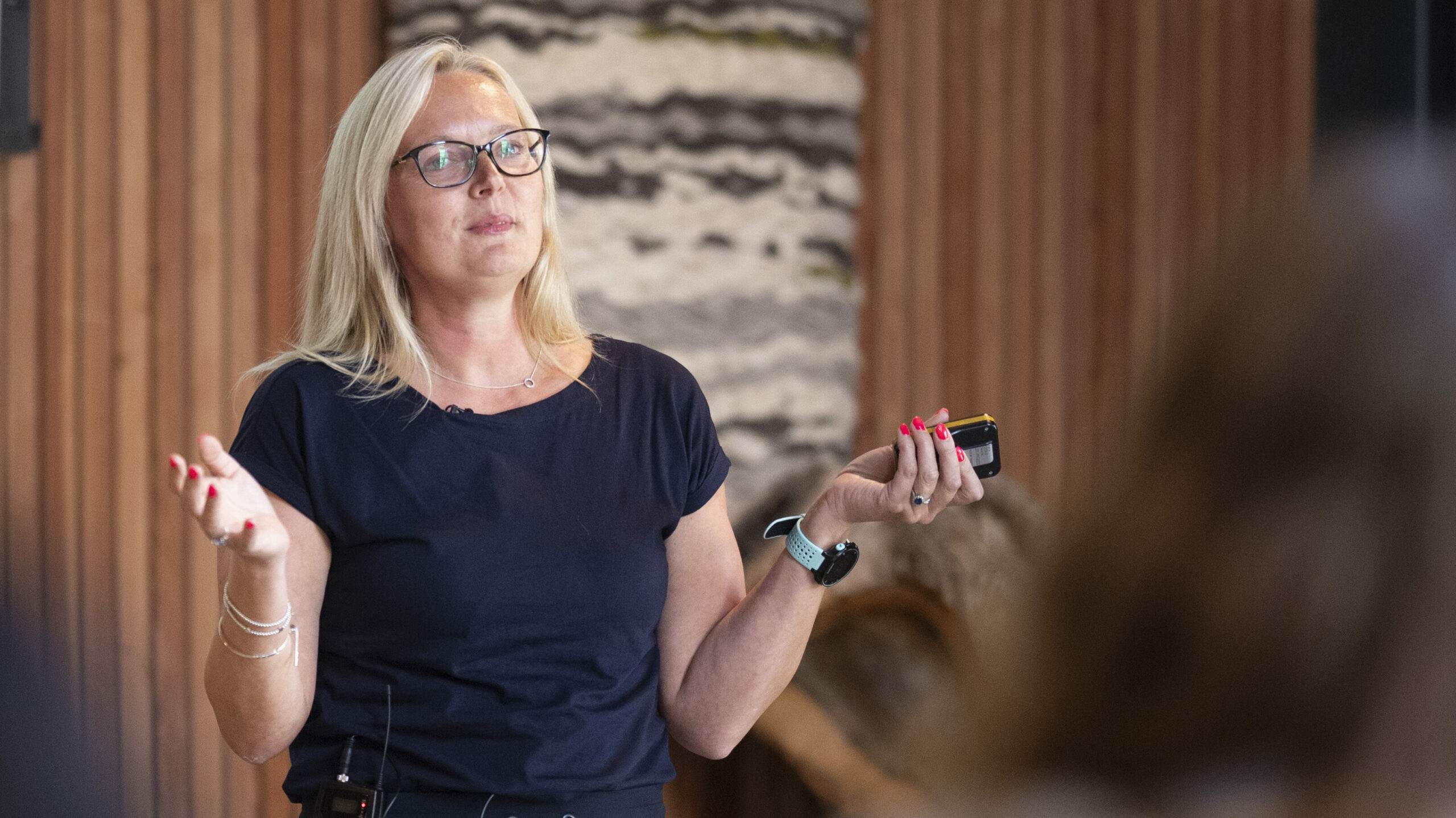



Crop Rotations
Following the opening session, the Assembly split into three groups (called Crop Rotations) to tackle three topics over three 45-minute sessions.
ROTATION A
Quiz the experts
Our technical sessions are a perennial favourite among paraplanners.
After all, it could be the one chance you get this year to fire any question you can possibly think of at experts who – we’re pretty certain – will be able to answer them. (As long as it’s a technical paraplanning question and not e.g. ‘Yes, but what’s the universe expanding into?’)
This year is no exception. Your stellar quartet of experts includes:
– Les Cameron of M&G Wealth
– Gareth Davies of Scottish Widows
– Natalie Howard of Canaccord Genuity
– Brian Radbone of Transact
So begin collecting your questions today and you’ll be all set to quiz the experts on the day.
ROTATION B
Productivity tips you live by. Apps and tools you can’t live without.
Because the Big Day Out attracts paraplanners from companies large and small, and from in-house and outsourced teams, we know that the ability to influence things such as report content and formats, and choice of software and tech tools varies widely among participants.
But one thing that won’t vary widely is the way we go about getting our own stuff done.
So that’s what this session is all about: what’s the secret to your day-to-day personal productivity? What are the tips or techniques that help you get things done? And what tools, apps or websites do you keep coming back to?
Whether you’re the world’s leading expert on the application of the Pomodoro method, Eisenhower matrix and tried all the task management apps – or are thinking ‘Pomodoro what?’, this will be a fantastic chance to discover how and why other paraplanners do what they do, the way they do.
ROTATION C
You, clients and the future of advice technology.
You already know how influential technology is in day-to-day paraplanning. But what does the future of work look like for paraplanners with the arrival of AI? In this crop rotation – designed especially for the Big Day Out – NextWealth founder and managing director, Heather Hopkins, will lead a conversation that’s all about how technology is changing advice, what innovations are coming down the line, and how they’re likely to influence the practice of paraplanning.
This is a fantastic opportunity for you and your paraplanning peers to share what you think and feel about the future – and technology’s role in it.
From due diligence to data, and research to report writing, this is a unique chance to explore how emerging technologies will influence paraplanning facilitated by one of the most influential figures in UK advicetech today


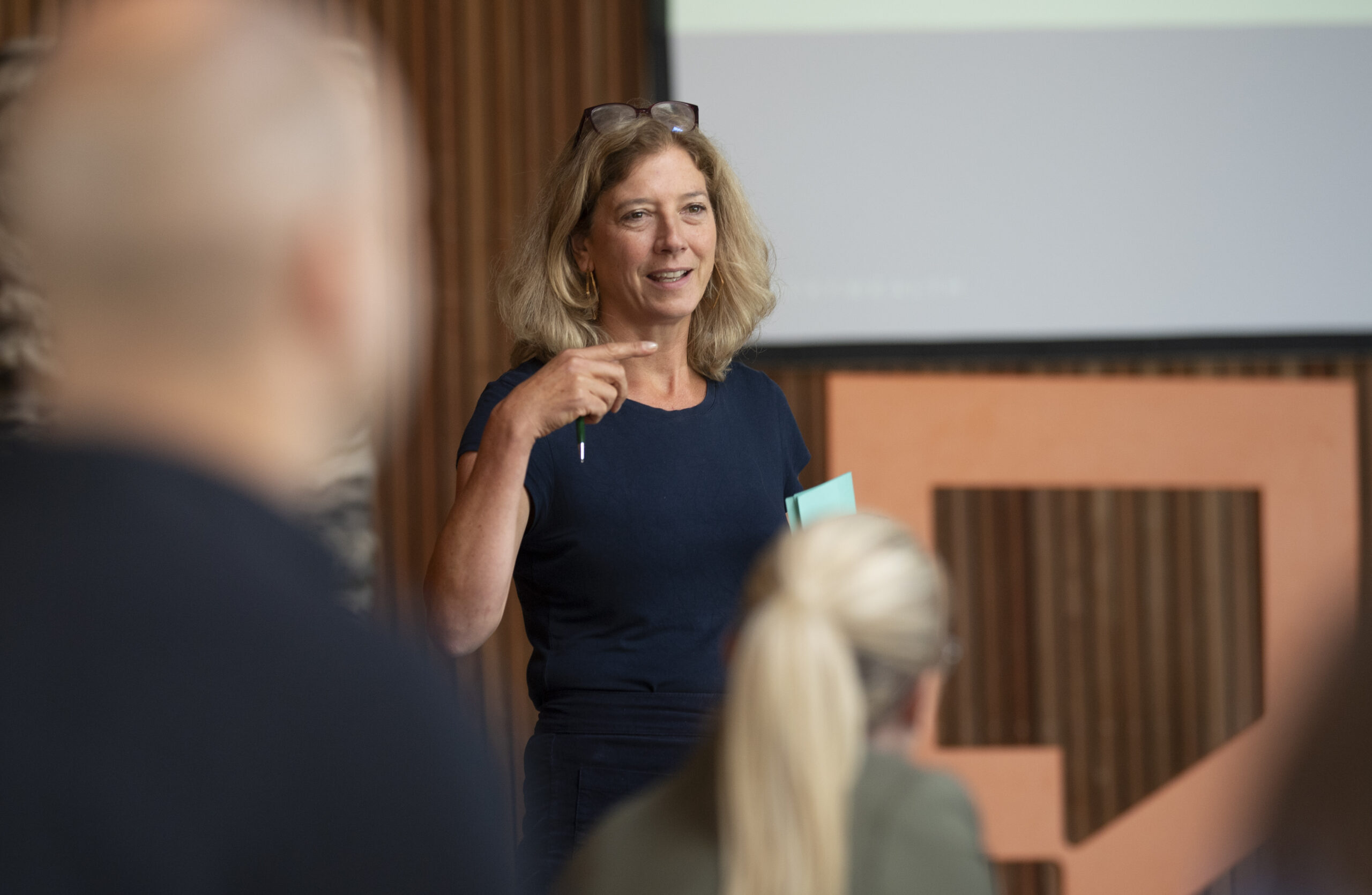
Lunch
Locally sourced and freshly prepared, we tucked into pulled pork or vegetarian chilli (or both!) along with loads of healthy salads and slaws that were grown on the farm.

Hone it. Own it: Part Two
Rachael Hurdman returned and, in this closing session, invited participants to take a couple of practical steps that will enable you to gather the loose ends of your personal action plan. It was another really interactive session where you could try out your new tools, and round off your development plan – and Big Day Out – perfectly.
And finally…
The Paraplanners’ Assembly
It was time for the session after which the Assembly is named. Just like at our first gathering in 2013, Sam and Chris will opened up the floor for you to share anything that’s on your mind.
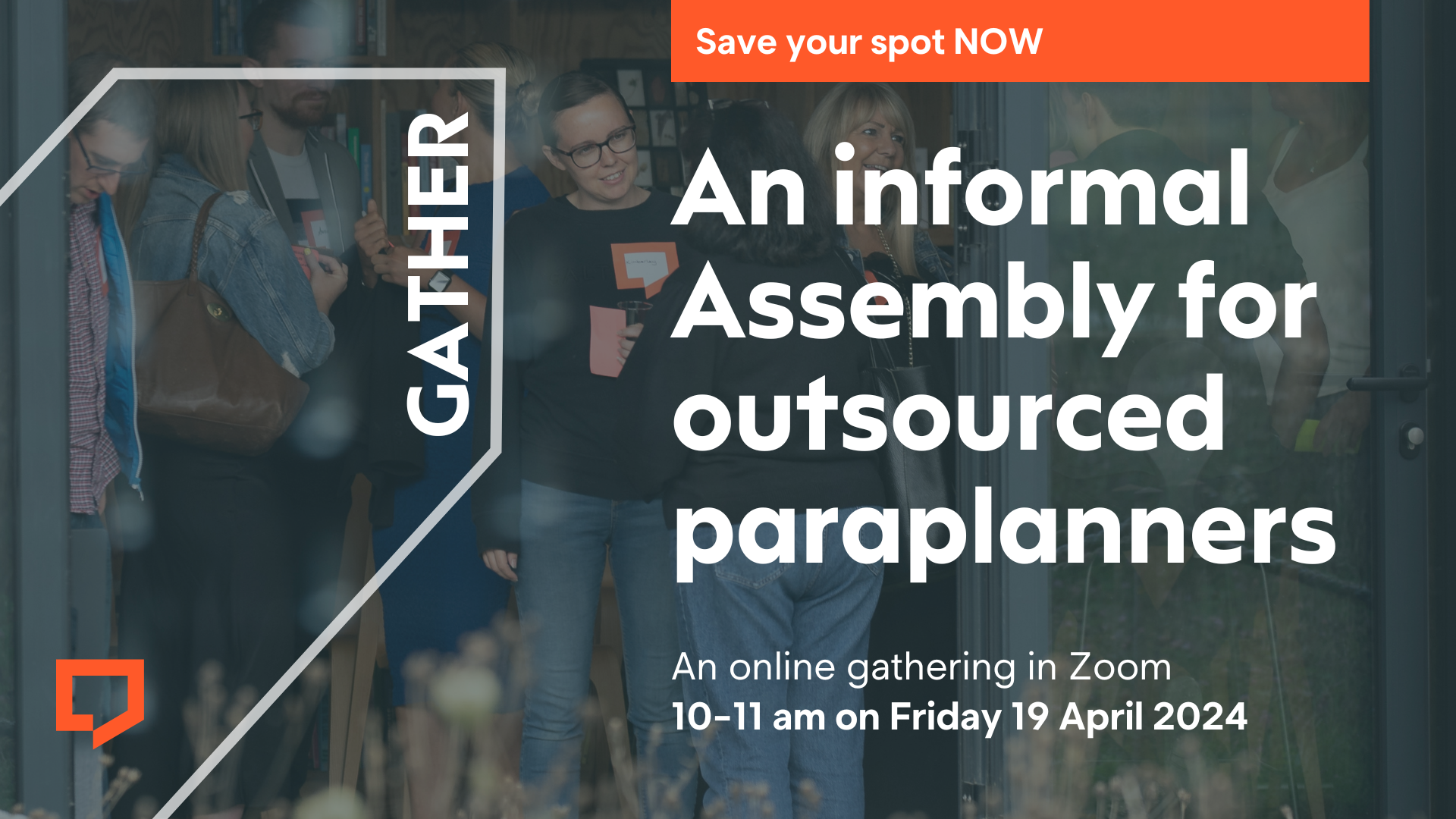
Are you an outsourced paraplanner?
Whether you’re the only employee of your paraplanning practice, or you lead a paraplanning powerhouse with employees and a hefty bank of clients, outsourced paraplanners share lots of things in common.
You just do.
But here’s the thing: despite the growing number of outsourced paraplanners in the UK these days, opportunities to get together to talk only about things that matter in the outsourced world, are surprisingly few and far between.
Why an event for outsourced paraplanners?
At last year’s Big Day Out, we invited Christina Georgiou and Andy Schleider to host a drop in session for participants who were starting out as outsourced paraplanners, thinking about it, or already were. (The session was an IRL version of the ‘Outsourced Paraplanners banter + chat group’ hosted by Andy on WhatsApp.)
The popularity of that session illustrated three things (1) the appetite to get together face-to-face as well as via messaging apps (2) the role the Assembly can play to bring outsourced paraplanners together and (3) how the Assembly can support informal networks that already exist for outsourced paraplanning.
After all, it’s exactly what the Paraplanners’ Assembly has always been about since our very first gathering in 2013: creating spaces – in person and online – that spark collaboration and conversation. Spaces where paraplanners can exchange views, learn things, fix things and share things.
Switch off. Show up. Join in.
Here’s our invitation: set your notifications to ‘do not disturb’, click on the Zoom link in your event confirmation and gather with other outsourced paraplanners across the UK for an hour of conversation, ideas and practical insights.
There’s nothing to prepare. Just come along ready to share your answer to one question:
‘What’s on your mind today?’
Spaces are limited. Save your spot now.

If you’re a paraplanner who lives or works in Bristol, north Somerset, south Gloucestershire, west Wiltshire or just across the bridge in Wales then our Bristol Assembly at 9.30am on Wednesday 12 June 2024 will be right up your street.
Organised by Plan Works’ Sian Davies Cole and Maddy Gooding of In Step Paraplanning this is your chance to catch up with paraplanners from your neck of the woods.
When you book your spot, you’ll be invited to shape the agenda by suggesting topics that you’d like the Assembly cover during the get-together at Little Stoke Community Hall, Little Stoke in north Bristol. (Why a community centre? Take a look at our recent blog post.)
To give you an idea of what to expect, at last October’s gathering of paraplanners at the equivalent event in London (The Other London Assembly), we exchanged ideas and perspectives on:
- the role of AI in paraplanning
- how The Consumer Duty was going in each others’ firms
- Recruitment
- Qualifications
- how to help new paraplanners joining your firm get on board and still be able to do your day job; and
- practical ideas about how to progress in your career when exams and you just don’t get on.
It’s the ideal chance to learn what’s going on in each other’s worlds, share ideas, and discover practical tips and illuminating insights – and tackle any other paraplanning topics that are on your mind when we gather.
Expect the same kind of thing from the Bristol Assembly on 12 June.
So how about it? Book your spot now.

If you’re a paraplanner who lives or works in striking distance of central London, then The Other London Assembly from 10am on Thursday 2 May 2023 will be right up your street.
Hosted by Dan Atkinson and Andy Schleider – and generously hosted by Barnett Waddingham at their London Wall Place office – this is your chance to catch up with paraplanners from your neck of the woods.
When you book your spot, you’ll be invited to shape the agenda by suggesting topics that you’d like the Assembly cover during the get-together.
At last October’s event, we exchanged ideas and perspectives on the two topics voted for by participants:
- the role of AI in paraplanning; and
- how The Consumer Duty was going in each others’ firms.
And in an open floor session to conclude the get together, topics raised included
- Recruitment
- Qualifications
- how to help new paraplanners joining your firm get on board and still be able to do your day job; and
- practical ideas about how to progress in your career when exams and you just don’t get on.
It’s the ideal chance to learn what’s going on in each other’s worlds, share ideas, and discover practical tips and illuminating insights – and tackle any other paraplanning topics that are on your mind when we gather.
Expect the same kind of thing from The Other London Assembly on 2 May.
So how about it? Book your spot now.
Richard Allum and Paradigm Norton’s Dan Atkinson get to grips with the topic of planning assumptions.
For what seemed like AGES, low interest rates and low inflation rates gave the impression that the factors affecting a client’s future were pretty predictable.
But more recently, roller-coaster interest and inflation rates, combined with pandemics and wars, could leave you thinking that the future is altogether more unpredictable.
But is it?
Assumptions that are fit for purpose
During this online Assembly, Dan and Richard explored ways to think about planning assumptions in future.
They considered the kind of indicators you can use to form a set of assumptions with the durability to withstand those periodic headwinds sparked by social, economic and environmental events – the kind that have dominated our lives lately.
Of course investments are important but healthspans, death, inflation, spending, retirement, care and more have the potential to feature.
And then there are clients with specific outcomes in mind to add to the mix – for instance, meeting school fees, saving to offset childrens’ university tuition fees or deposits for their first homes.
Don’t miss out
Tune in and you’ll discover you’re in good company. Not only is Dan responsible for Paradigm Norton’s financial planning assumptions, he also owns a crystal ball (he actually does) so – one way or another – he’ll have all bases covered.
Listen now
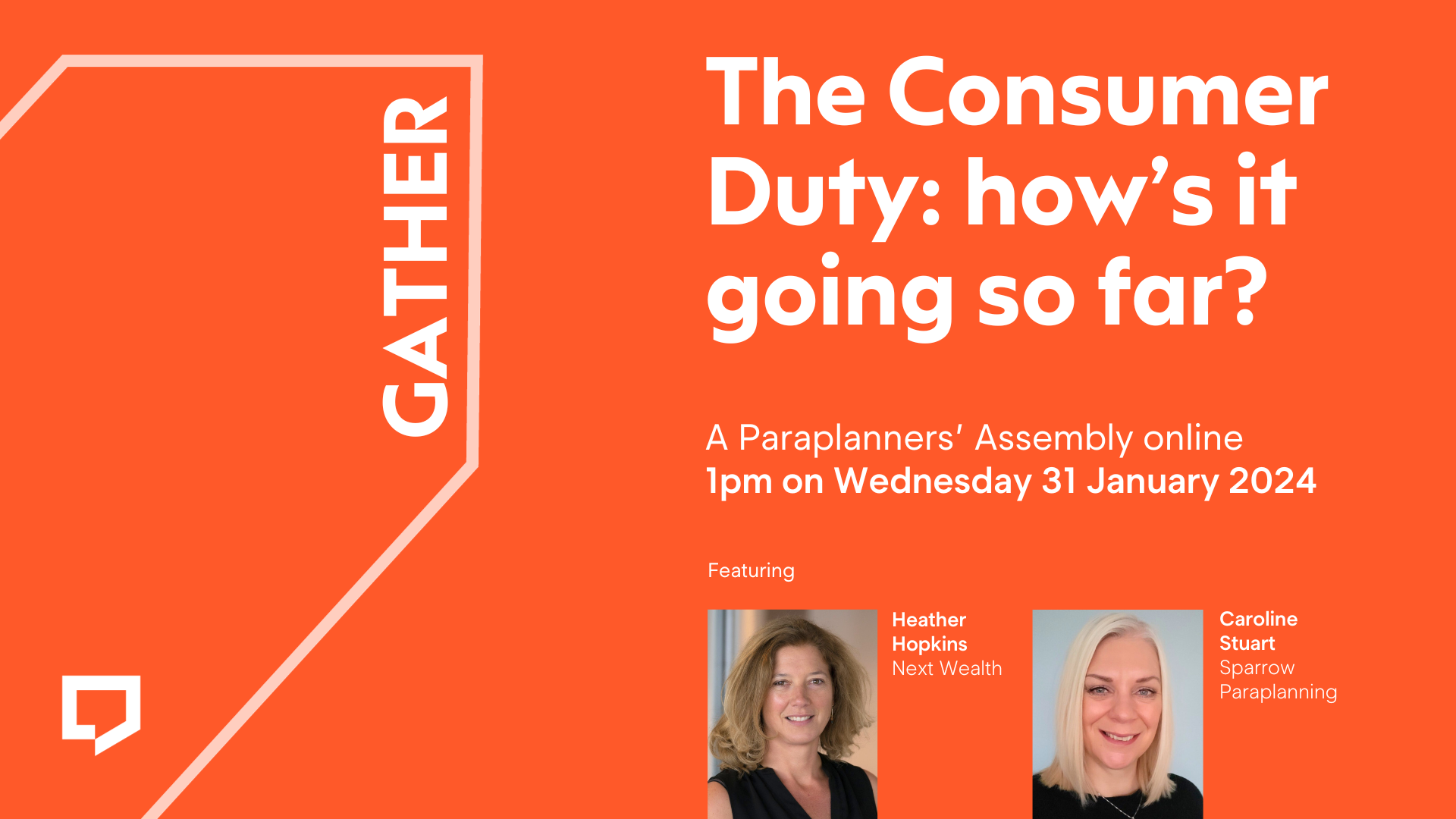
Host Caroline Stuart from Sparrow Paraplanning is joined by Heather Hopkins of NextWealth to explore how financial advice practices have addressed – and continue to address – the demands of The Consumer Duty.
What did we cover?
As well as recapping what firms are expected to do about the Duty, Caroline and Heather consider the opportunities it presents. Over the course of the lunch-hour session two significant themes emerge:
- how firms are demonstrating the value of their advice; and
- how to prove that clients really understand what they can expect from their financial plan
To bring the topic to life, Heather shares insights from consumer research recently carried out by NextWealth that reveals what clients value – essential intel for paraplanners crafting suitability reports and reviews.
With its focus on practicalities of implementation illuminated by evidence from original research, it promises to be a really informative and engaging hour.

